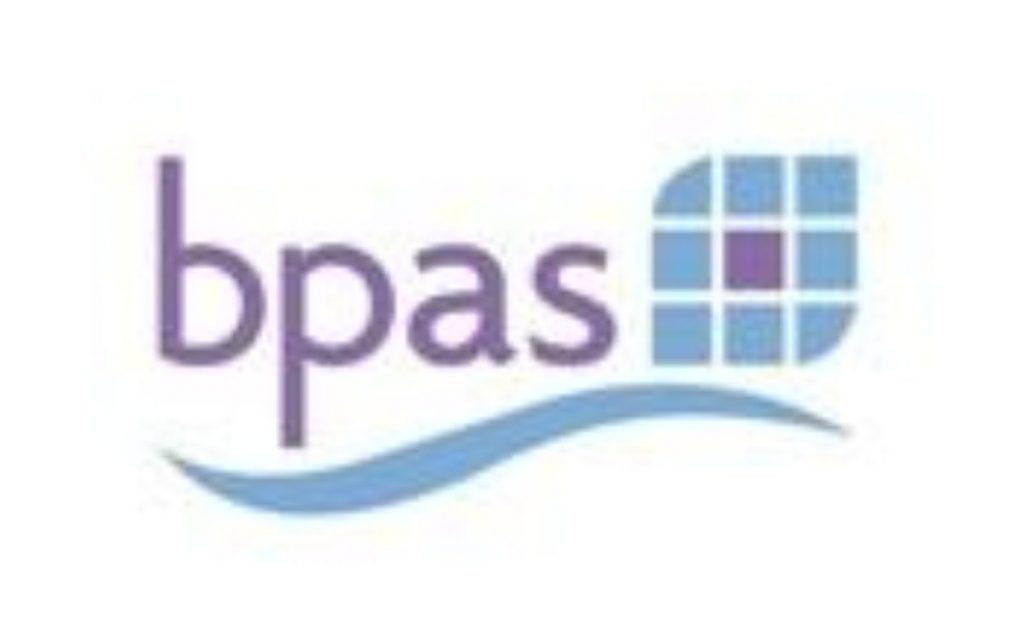BPAS welcomes new TV ads for emergency contraception and highlights the importance of advance prescribing
Responding to the news that the emergency contraceptive pill (‘morning after’ pill) will be advertised tonight after 9pm for the first time on UK TV, Patricia Lohr, Medical Director of BPAS, said:
‘This is a great move. BPAS is delighted that over-the-counter emergency contraception is being highlighted as a back up method for women seeking to avoid an unintended pregnancy.
‘We welcome the advertisement’s message that emergency contraception is most effective the sooner that it’s taken. Research shows that the first 12 hours after becoming at risk of pregnancy are the most effective time within which to prevent pregnancy with this medication. That’s why BPAS’ doctors and nurses prescribe the ‘morning after’ pill in advance for women to keep safely by them at home just in case- so they’re less likely to be delayed in accessing it.
‘BPAS recommends that women consider asking their pharmacist or GP to prescribe the ‘morning after’ pill to them in advance of need, just in case. We know that after a missed pill or split condom, women are very anxious to protect themselves against an unplanned pregnancy as best they can.
‘We note that some groups who have moral objections to couples using of contraception or abortion, are claiming that emergency contraception ’causes an abortion’. This is not true- this medication won’t work if the woman is already pregnant. It’s essential that any confusion about medical facts is cleared up.’
BPAS, (the British Pregnancy Advisory Service) is a registered charity since 1968, and the UK’s leading not-for-profit sexual healthcare provider. More than 92% of BPAS’ services are carried out under contract to the NHS.
Please see www.bpas.org for further information or http://www.bpas.org/bpaswoman.php?page=207 for more information about emergency contraception.
Women seeking to be prescribed the emergency contraceptive pill (EC) in England and Wales, either in advance or in case of immediate need, can call 08457 30 40 30 to find out the details of their nearest BPAS clinic.
EC can be used up to 72 hours after unprotected sex, but is most effective if taken within the first 12 hours. Advance prescribing of EC has the support of the Faculty of Family Planning and Reproductive Health Care (FFPRHC) of the Royal College of Obstetricians and Gynaecologists (RCOG). EC is also available over-the-counter from high street pharmacies, and from GPs and family planning clinics.
According to the Family Planning Association, of pregnancies that could have occurred if no emergency contraception had been used, EC will prevent:
· up to 95 per cent of pregnancies if taken within 24 hours, · up to 85 per cent if taken between 25-48 hours, and
· up to 58 per cent if taken between 49-72 hours.
EC is not recommended as a replacement for regular forms of contraception because it is less effective than regular contraception, however according to the World Health Organisation, ‘repeated use poses no known health risks.’
Barrier contraceptive methods (such as condoms) are necessary to protect against sexually-transmitted infections. EC can prevent pregnancy, but will not cause an abortion if the woman is already pregnant. It has not been shown to harm an ongoing pregnancy if it is taken inadvertantly by an already-pregnant woman.
No method of contraception is 100% effective. American researchers recently found the ‘typical use’ failure rate of the condom to be 15%, compared to a 2% failure rate with ‘perfect use’. The ‘real world’ failure rate of the contraceptive pill is 8%. (See Table 2 of ‘Reducing Unintended Pregnancy in the United States’ ‘Contraception’, Editorial January 2008, Association of Reproductive Health Professionals.
For more information please call the BPAS press office on 020 7612 0206 or 07788 725 185.





-01.png)